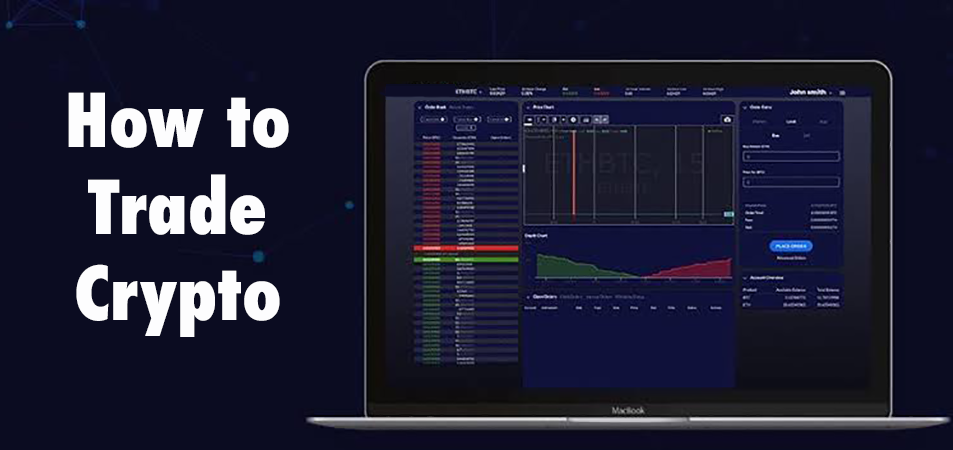Cryptocurrency trading is the act of hypothesizing on cryptocurrency rate movements via a CFD trading account, or buying and selling the underlying coins by means of an exchange. CFDs trading are derivatives, which enable you to speculate on cryptocurrency price movements without taking ownership of the underlying coins. You can go long (' purchase') if you think a cryptocurrency will increase in value, or brief (' offer') if you believe it will fall.
Your revenue or loss are still computed according to the complete size of your position, so leverage will amplify both earnings and losses. When you purchase cryptocurrencies through an exchange, you acquire the coins themselves. You'll require to develop an exchange account, set up the amount of the possession to open a position, and keep the cryptocurrency tokens in your own wallet up until you're all set to sell.
Lots of exchanges also have limitations on how much you can deposit, while accounts can be extremely pricey to preserve. Cryptocurrency markets are decentralised, which suggests they are not provided or backed by a main authority such as a federal government. Rather, they encounter a network of computer systems. However, cryptocurrencies can be purchased and sold via exchanges and stored in 'wallets'.
 To Trade Cryptocurrency ...blockgeeks.com
To Trade Cryptocurrency ...blockgeeks.com
When a user desires to send cryptocurrency systems to another user, they send it to that user's digital wallet. The transaction isn't considered last until it has actually been validated and added to the blockchain through a process called mining. This is also how brand-new cryptocurrency tokens are usually Article source produced. A blockchain is a shared digital register of tape-recorded data.
To pick the very best exchange for your requirements, it is essential to totally comprehend the types of exchanges. The very first and most common type of exchange is the central exchange. Popular exchanges that fall under this category are Coinbase, Binance, Kraken, and Gemini. These exchanges are private companies that use platforms to trade cryptocurrency.
The exchanges noted above all have active trading, high volumes, and liquidity. That stated, centralized exchanges are not in line with the viewpoint of Bitcoin. They run on their own personal servers which creates a vector of attack. If the servers of the company were to be compromised, the entire system could be shut down for a long time.
The bigger, more popular centralized exchanges are by far the easiest on-ramp for brand-new users and they even provide some level of insurance must their systems stop working. While this is true, when cryptocurrency is purchased on these exchanges it is kept within their custodial wallets and not in your own wallet that you own the secrets to.
Need to your computer and your Coinbase account, for example, become jeopardized, your funds would be lost and you would not likely have the ability to claim insurance. This is why it is very important to withdraw any large amounts and practice safe storage. Decentralized exchanges operate in the very same manner that Bitcoin does.
Rather, think about it as a server, except that each computer system within the server is expanded across the world and each computer that makes up one part of that server is controlled by a person. If one of these computer systems turns off, it has no effect on the network as a whole because there are lots of other computer systems that will continue running the network.